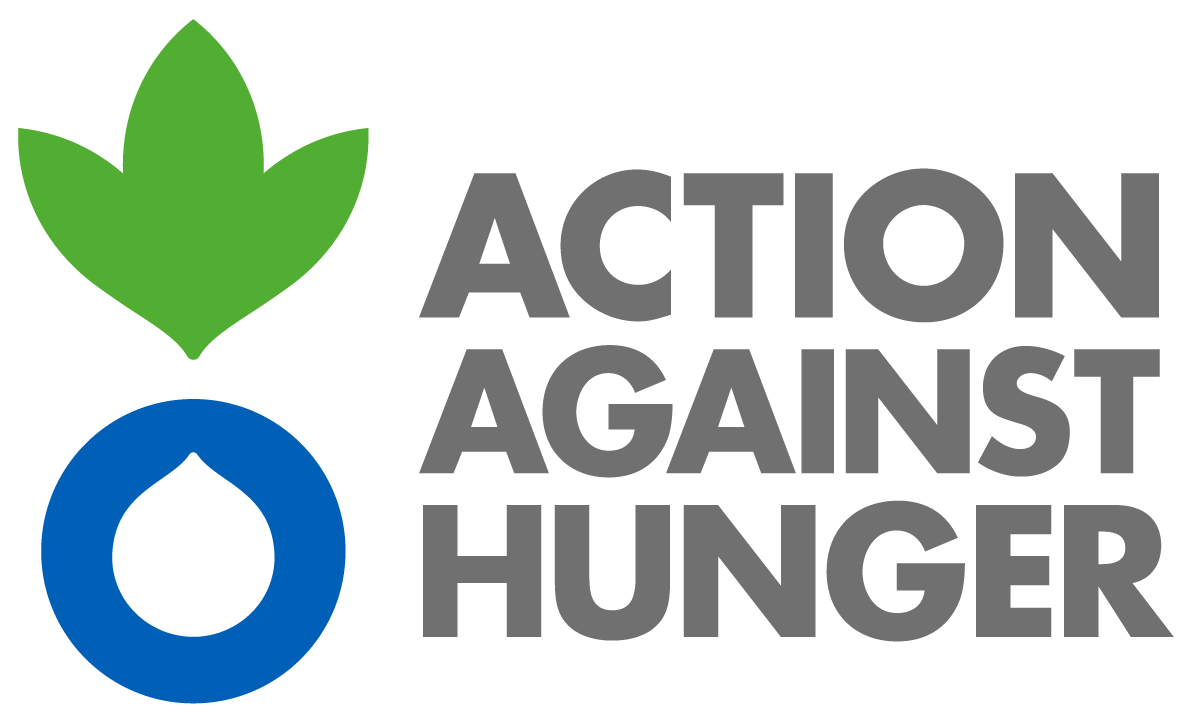One Year Since the Earthquakes in Turkey and Syria
Action Against Hunger has provided humanitarian assistance to more than 400,000 people in both countries in the past year.
February 6, 2024 /3BL/ - The earthquakes on February 6, 2023, had devastating consequences in Turkey and Syria, killing nearly 60,000 people and injuring more than 100,000. In Turkey, nearly 300,000 buildings were destroyed, forcing more than three million people to flee.
“Over the past year, our teams have been working tirelessly to support the victims of the catastrophic earthquakes, but many still face a long road to recovery,” says Daniel Martín Santos, Country Director for Action Against Hunger in Turkey. “We continue to rehabilitate sanitation and water systems. We are also distributing hot meals, shelter materials, and hygiene items, and providing psychosocial support.”
Today, about 800,000 people are still living in temporary settlements in Turkey alone. They are now enduring their second winter without a home and with limited access to clean water, sanitation, nutrition, healthcare, and mental health support. There has been a shortage of specialized doctors, including those specializing in pre- and post-natal care, and the health infrastructure across the country has deteriorated. Among those affected by the earthquakes, between February and October, 102,000 women had given birth. They and their children face an uncertain future.
“A year since the earthquakes hit, Action Against Hunger and our partners are focusing on the over 800,000 people still living in temporary shelters and, within this population, on the most vulnerable such as women, children, the elderly,” says Santos.
With partners in Turkey and the support of the government, Action Against Hunger works to address essential needs such as food, nutrition, access to clean water, hygiene, and sanitation. Action Against Hunger teams are also helping families generate resources and income. The organization is additionally working to improve socioeconomic inclusion by evaluating and identifying opportunities in different sectors, such as business development and access to employment.
Before the earthquakes, more than 15 million people in Syria already needed humanitarian assistance due to conflict, economic crisis, and epidemic outbreaks. In northern Syria, the earthquake left even more people in desperate need of shelter and public services. Many sought refuge in schools that had been converted into shelters.
Lama, 49, is a teacher from Aleppo. During the war, her family had to leave their home to flee the fighting. When they returned, their house was badly damaged, and they tried to fix it as best they could. Then, just four months after her husband passed away, their home was completely destroyed when the earthquakes hit. Until the end of 2023, Lama and her four children lived in a school that was converted into a shelter.
“Initially there were no services, not enough toilets, no showers, no lighting,” she says. “This area has had no electricity since the war. Action Against Hunger came and saw how tragic the situation was. There were 210 families using only five toilets, and we had no showers. We went the first 15 days without showering.”
Lama says that Action Against Hunger installed new water taps and showers, as well as toilets for men, women, and people with disabilities. “Now, there are enough bathrooms and sanitation support for everyone,” she says. “The teams also installed solar panels to generate electricity for heat and light.”
Lama and many others still live in displacement camps across the country. Many are rebuilding their lives from scratch.
“[The solar panels] were a big step. We were afraid to walk around here at night, the courtyard is very large and the area very dark. We used our mobile phones to have some light,” says Lama. “Now, with the solar panel system, we have light and hot water, and life has returned to be somewhat normal, as if we were in our homes.”
Many of the schools that served as shelters in 2023 have been evacuated and restored to resume classes. Displaced families received cash assistance to cover rent for six months after they left their shelters, but beyond that, there is only uncertainty, especially for those who lost their livelihoods and continue to deal with the trauma of the catastrophe.
Action Against Hunger’s Response
Action Against Hunger teams mobilized in the early hours after the earthquake to provide continuous support to people in Turkey and Syria in collaboration with local partners. In the past year, our programs have reached more than 400,000 people: 152,000 people received support in water, sanitation, and hygiene; more than 175,000 accessed out health and nutrition services, and 62,400 benefited from our food security and livelihoods support.
“I can’t express how proud I am to be part of this great team and organization that genuinely spared no effort or time to provide immediate assistance after the earthquake,” says Bassel, head of the Monitoring and Evaluation team at Action Against Hunger in Aleppo. “None of my colleagues were thinking about their own homes or families, but rather about what we could offer at every moment and in these circumstances to the community. Honestly, it’s the first time I’ve felt the humanity of the work we do to such an extent.”
About Action Against Hunger
Action Against Hunger leads the global movement to end hunger. We innovate solutions, advocate for change, and reach 28 million people every year with proven hunger prevention and treatment programs. As a nonprofit that works across 55 countries, our 8,900 dedicated staff members partner with communities to address the root causes of hunger, including climate change, conflict, inequity, and emergencies. We strive to create a world free from hunger, for everyone, for good.
**
All photos by Hasan Belal / Fairpicture / DEC.
*Names have been changed to protect people’s privacy.







